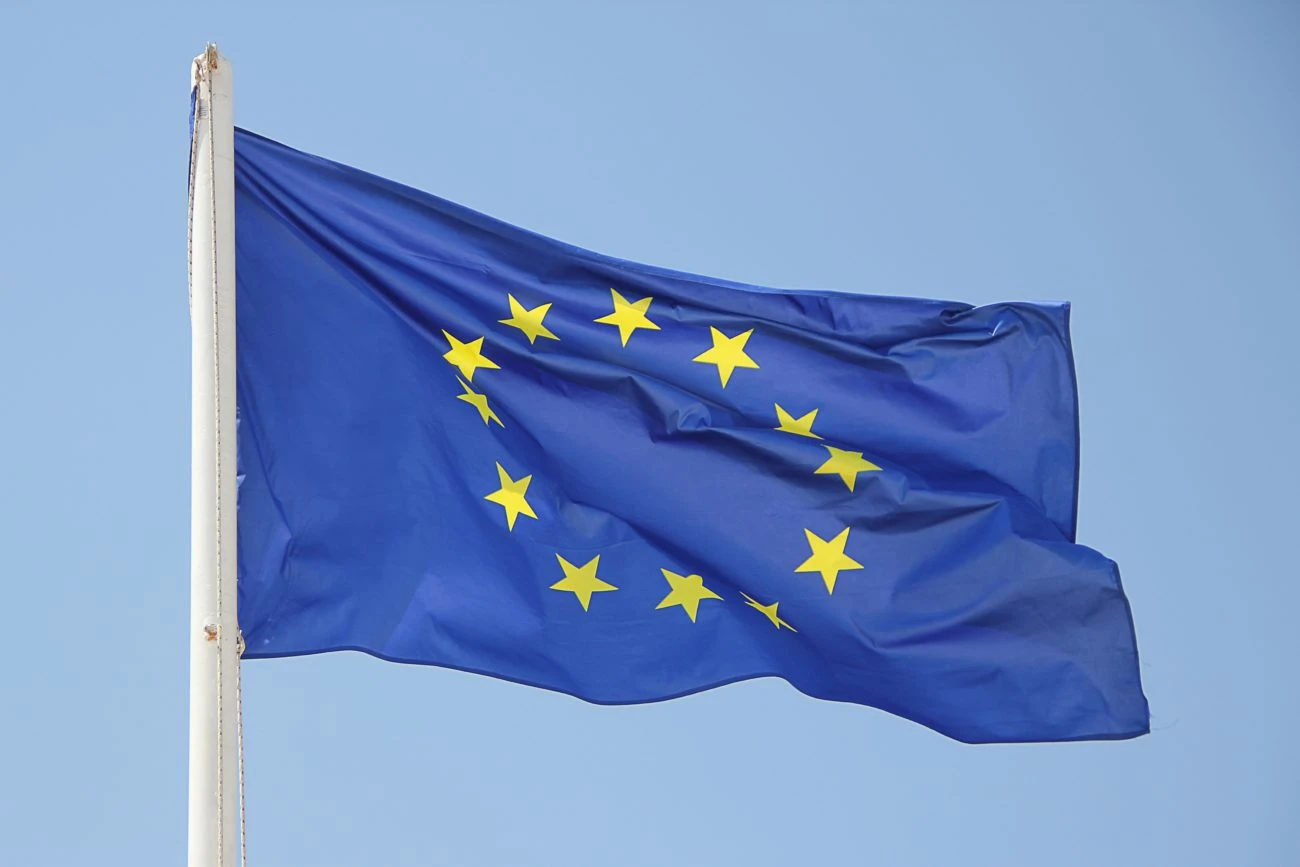European Commission launches investigation into FDJ monopoly

The operator has held the rights since its foundation, initially on an indefinite basis, as it was a government-owned monopoly. However, in 2019, the business was privatised through a €1.89bn initial public offering (IPO) .
No longer being a government-owned operator, FDJ paid €380m (£325.0m/$448.4m) to the French state for the continued exclusive rights to offer lotteries and retail betting.
However, this attracted two complaints, alleging the deal violated EU state aid law.
According to European law, member states are prohibited from giving an advantage to “specific companies or industry sectors, or to companies located in specific regions” in a way that affects trade through interventions such as tax rates – although exceptions may be granted on a case-by-case basis, such as for government-owned monopolies.
A statement from the European Commission said: “The Commission will verify the conformity of the remuneration with market conditions and will not exclude not at this stage that the measure could provide an undue economic advantage to the Française des Jeux.
“The opening of an in-depth investigation gives France and all interested parties the opportunity to comment on the measure at issue. It does not prejudge in any way the outcome of the investigation.”
FDJ maintains it is clear of any wrongdoing, and will be fully co-operative with the European Commission during its investigation.
An FDJ statement said: “FDJ stands, alongside the State, at the disposal of the European and French authorities in the course of these procedures to provide all the necessary elements demonstrating the compliance of this legal framework with French and European law.”
